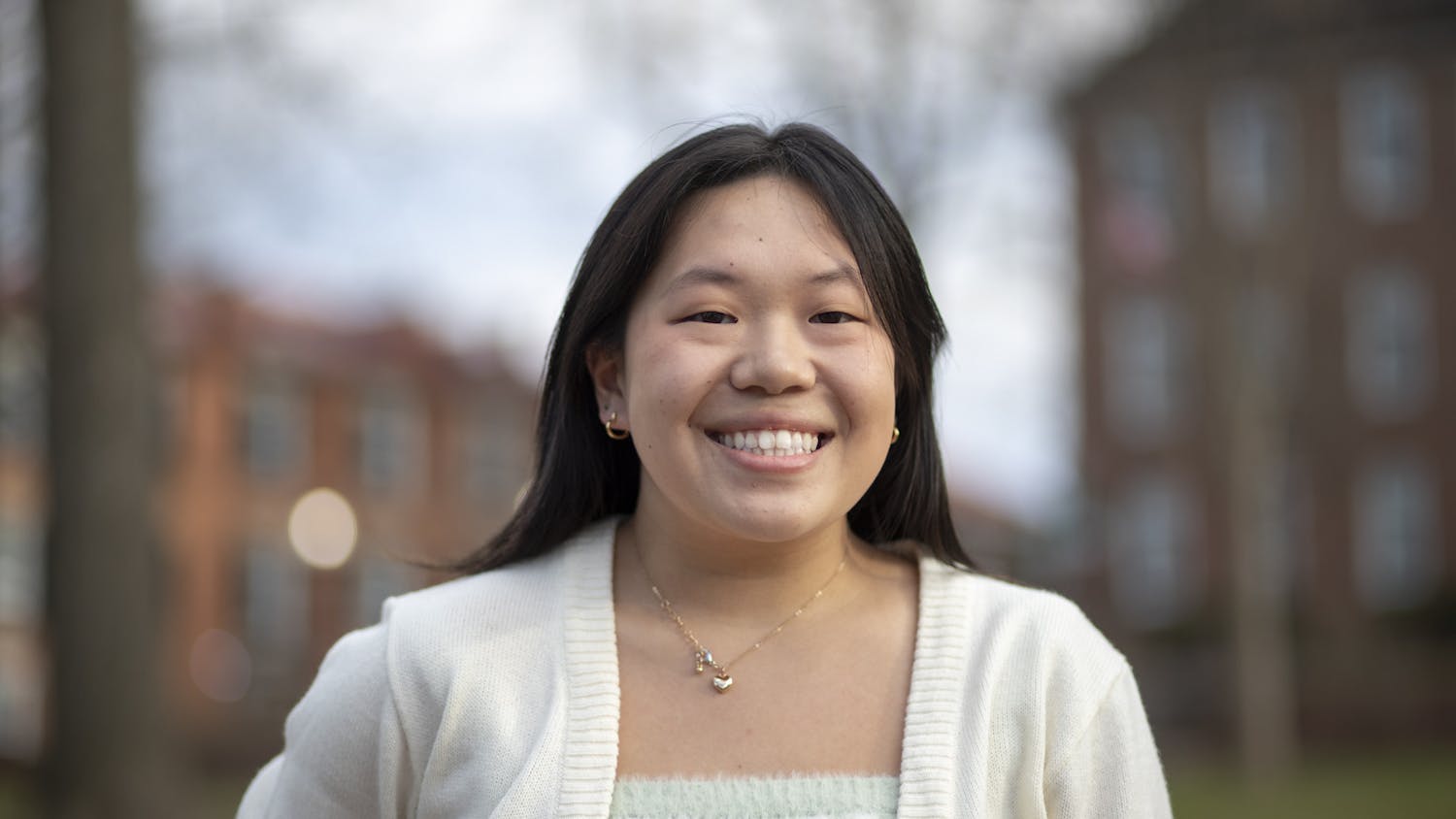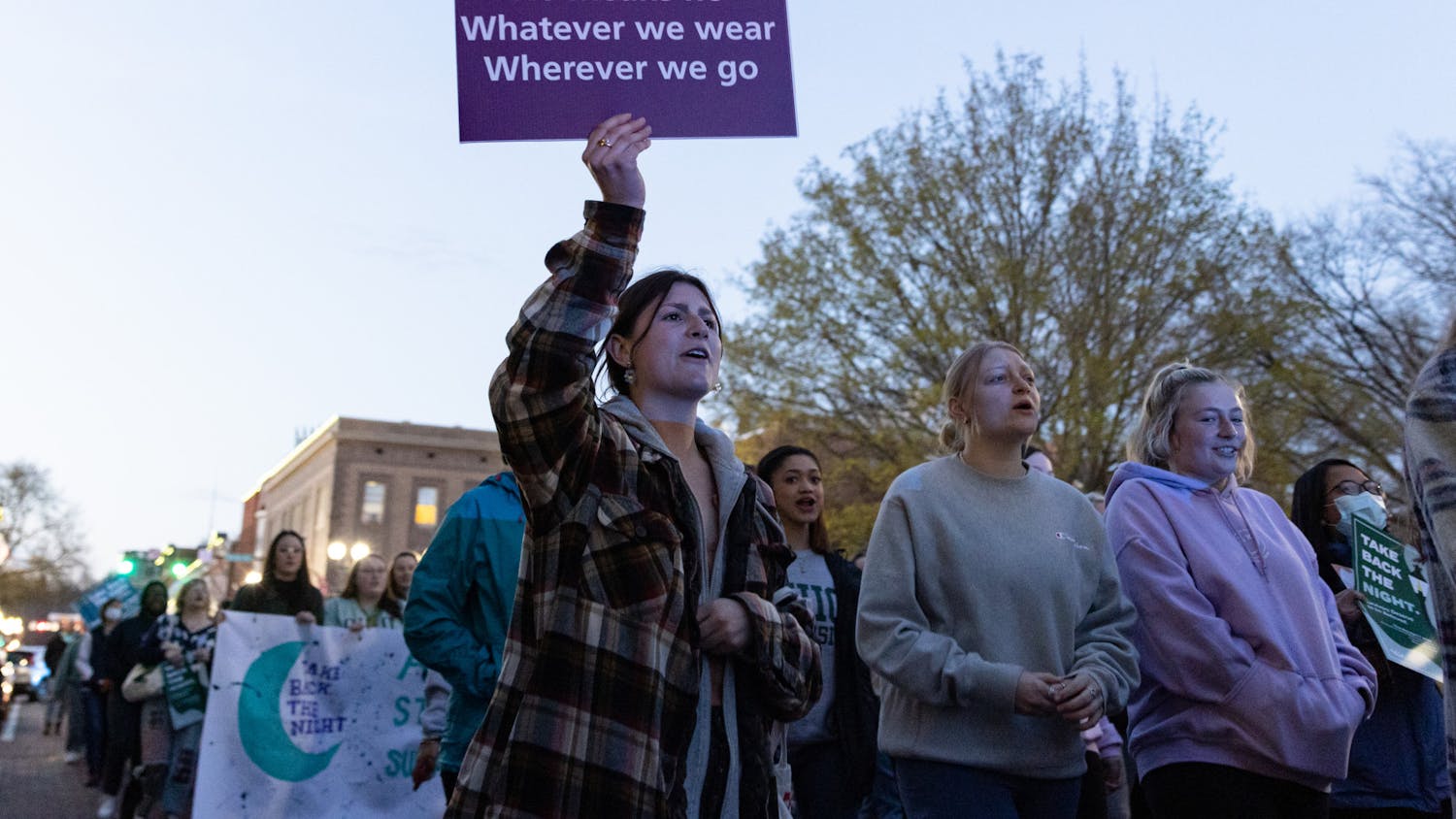Malcom X famously said: “The most disrespected person in America is the Black woman. The most unprotected person in America is the Black woman. The most neglected person in America is the Black woman.”
While he said that in the 1960s, today Black women still face intersectional racism, microaggressions and have a higher risk of heart disease, breast cancer and other chronic illnesses. The annual Black Girl Day Off is celebrated on Oct. 11 to raise awareness of these problems and encourage Black women to take a break for their mental, physical and emotional health.
“A day like Black Girl Day Off brings awareness to the ‘Superhuman’ ideals that come with being a ‘Strong Black Woman,’ which is an expectation/stereotype/assumption that many women of color have to continue to perform because of pressures to manage several roles,” Valessa Gray, assistant director of counseling and diversity and inclusion initiatives for Ohio University’s Counseling and Psychological Services, wrote in an email.
In addition to the stress that comes from these high expectations, Gray also wrote that scientific studies have proven the connection between intersectional racism and suffering health.
“Having multiple marginalized identities increases the likelihood of experiencing day-to-day stressors,” wrote Gray in an email.
Due to the intersection between gender and race, Gray said a day like Black Girl Day Off is important to raise awareness and encourage Black women to take a break.
“Despite the compounding of stressors, several studies show that people of color are less likely to seek services for themselves,” Gray wrote.
Mylan Foster, a senior studying communications, said she prioritizes self care.
“For my mental health, I love to be around my friends,” Foster said. “I also like to do a lot of self care. So whether that’s like doing my hair in a different style or a facemask or even just walking around the mall or the store—that’s what I consider self care.”
Foster thinks that days like this are important for other groups as well.
“I definitely think it is important to represent all marginalized groups,” Foster said. “So giving any minority group just a day off to really just celebrate them and have their own specific day is really comforting.”
Larissa Becker, the director of operations and engagement of OU’s Wellbeing and Recreation, said that not just on Black Girl Day Off, but on any day of the year Bobcats can seek help at the Counseling and Psychological Services of OU, as well as the Well-Being Coaching from Ping Recreation Center.
“Students can schedule time to meet with a Well-Being coach to better understand what triggers burnout and stressors to their mental well-being and set goals to manage those triggers,” Becker wrote via email.
Becker encourages students to explore support options.
“By understanding social support systems and university resources available, students on campus can better manage their mental well-being and understand what could drive their potential burnout before they’ve reached capacity,” Becker wrote in an email.
Further, Gray’s personal advice for Black female Bobcats is to prioritize their own well-being.
“Use this day to bring awareness to have adequate self-care,” she wrote in an email. “I would then ask you to consider what are you already doing to support your well-being.”
Lexie Boateng, a junior studying forensic chemistry, said she is a first-generation, Black, female college student, which she said can come with additional pressures.
“Growing up I never really took the time to sit down and just think about my mental health,” she said. “But knowing that there’s more people out there trying to focus on mental health is a really important thing. I feel like I need to actually get into that.”
She wants to use Black Girl Day Off to sit down on College Green after her tutoring.
“I need to take time for myself and actually take a step back and look at what I'm doing and prepare myself mentally and physically,” said Boateng.
Boateng likes the idea of the holiday.
“Growing up, we as Black women don’t get enough recognition,” she said. “We don’t get talked about that much. I feel like everyone is always looking past us."






